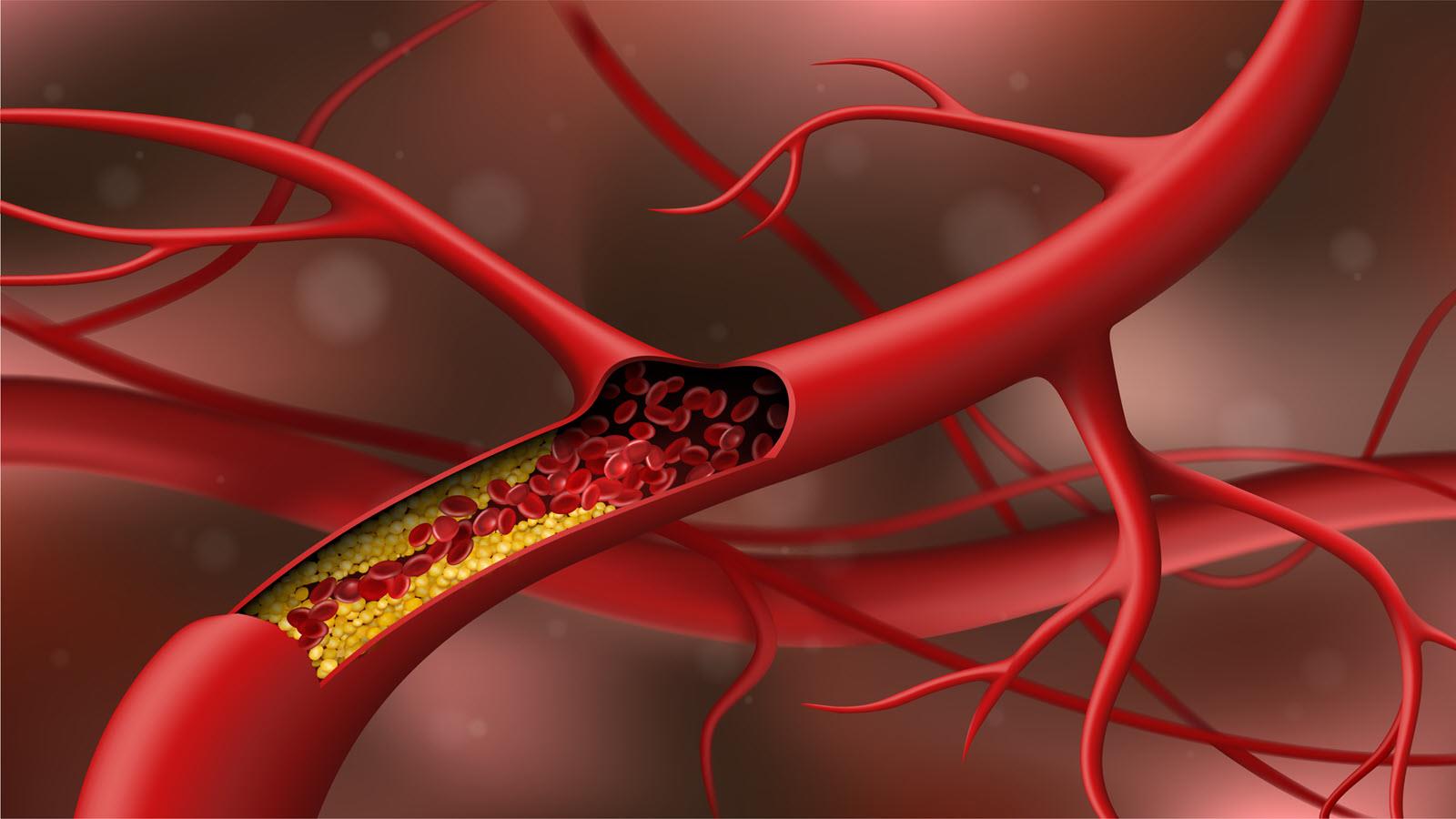Risk Factors for Heart Disease
Cardiovascular disease (CVD) is an umbrella term for various heart-related conditions, with coronary artery disease (CAD) being the most common. Although heart disease rates have declined across all age groups and demographics in recent years, it remains a leading cause of death worldwide.
The key risk factors for heart disease include:
- High cholesterol ( LDL , known as “bad” cholesterol)
- High blood pressure ( Hypertension rates remain high )
- Diabetes ( People with diabetes have a higher risk of heart disease )
- Family history (Genetics can influence cholesterol levels, blood pressure, and metabolism)
- Lack of physical activity (Exercise helps lower blood pressure and improves cardiovascular health)
- Unhealthy diet (High saturated fat and processed foods can negatively impact blood lipid levels)
- Smoking (Nicotine and harmful chemicals damage blood vessels)
- Chronic stress and inflammation (Long-term stress can raise blood pressure and affect metabolism)
The Link Between Cholesterol and Heart Disease
Cholesterol is a naturally occurring substance in the body, essential for cell production and hormone synthesis. While cholesterol itself is not harmful, low-density lipoprotein (LDL, “bad” cholesterol) can build up in the arteries, leading to atherosclerosis and increasing the risk of heart disease.
Conversely, high-density lipoprotein (HDL, “good” cholesterol) helps remove excess cholesterol from the bloodstream and transport it to the liver for breakdown, reducing heart disease risk.
Despite the common focus on cholesterol, many individuals with heart disease do not have abnormal cholesterol levels, and some with high cholesterol never develop cardiovascular conditions. This suggests that heart disease is influenced by multiple factors beyond cholesterol alone.

Diet and Cholesterol: What Matters Most?
While diet has a limited impact on cholesterol levels compared to genetics, making healthy food choices can still help lower overall cardiovascular risk.
Foods That May Raise LDL (Bad Cholesterol)
- Red meat (e.g., beef, pork)
- Processed meats (e.g., bacon, sausage, hot dogs)
- Full-fat dairy products (e.g., butter, cheese, whole milk)
- Coconut and palm oils (high in saturated fats)
Foods That May Lower LDL (Bad Cholesterol)
- Vegetables and fruits (rich in antioxidants and dietary fiber)
- Whole grains (e.g., oats, barley, brown rice, millet)
- Legumes (e.g., lentils, peas, black beans)
- Nuts and seeds (e.g., almonds, walnuts, chia seeds, flaxseeds)
- Healthy fats (e.g., olive oil, avocado, fatty fish)
Key takeaway: Saturated fats and trans fats can raise LDL levels, while fiber-rich foods can help reduce cholesterol absorption and support heart health.

Strategies to Reduce Heart Disease Risk
1. Monitor Key Health Metrics
Regularly checking the following health indicators can help detect early warning signs of heart disease:
- Cholesterol levels (LDL and HDL)
- Blood pressure (Hypertension is a major risk factor)
- Blood sugar (Diabetes increases cardiovascular disease risk)
2. Adopt a Heart-Healthy Diet
- Increase dietary fiber intake (e.g., vegetables, fruits, whole grains, legumes)
- Reduce processed foods and sugary drinks
- Choose healthier fats such as olive oil and nuts
3. Engage in Regular Physical Activity
Aim for at least 150 minutes of moderate-intensity exercise per week (e.g., brisk walking, swimming, cycling). Strength training (e.g., weightlifting) and activities like yoga can also enhance heart health.
4. Manage Stress Levels
Chronic stress contributes to inflammation and high blood pressure. Meditation, deep breathing, and quality sleep can help regulate stress.
5. Avoid Smoking and Limit Alcohol Intake
Smoking damages blood vessels and lowers HDL levels, while excessive alcohol consumption may lead to high blood pressure and metabolic disorders.
Conclusion
Heart disease is a multifactorial condition influenced by cholesterol, hypertension, diabetes, lifestyle choices, and environmental factors. While high cholesterol is a well-known risk factor, maintaining a balanced diet, staying active, managing stress, and getting regular check-ups may be even more important than focusing on cholesterol alone.
By adopting healthier habits, we can lower heart disease risks and improve overall well-being. No matter your age, it’s never too late to start prioritizing heart health!













